Special Education Referral
Student-Driven Services | Personalized Attention | Flexible Programs
Student-Driven ServicesPersonalized AttentionFlexible Programs
Special Education Evaluations Available
Upon request, The Charter Institute at Erskine is required to evaluate a child for eligibility for special education services. A request for evaluation is known as a referral. When the district receives a referral, the district will appoint an Evaluation Planning team to determine if the child has a disability and if the child needs special education services.
The district locates, identifies and evaluates all children with disabilities who are enrolled by their parents in schools within the school district. A school staff member who reasonably believes a child may be a child with a disability has a legal duty to refer the child, including a homeless child, to the school district in which the child is enrolled.
Before referring the child, the person making the referral must inform the child's parent that the referral will be made. Others, including parents, who reasonably believe a child is a child with a disability, may also refer the child, including a homeless child, to the school or district in which the child is enrolled. Referrals must be in writing and include the reason why the person believes the child is a child with a disability.
A referral may be made by contacting Brandy Reynolds, Coordinator of Special Education, Odyssey Online, at (803) 944-3085, or by writing her at Odyssey Online Learning, attention Brandy Reynolds, 510 Lexington Ave, Suite 102, Chapin, SC 29036.
This notice is displayed below on our website and in the conference room and break/copy room in the Odyssey Online office.
- Covers all school-aged children who fall within one or more specific categories of qualifying conditions (i.e., autism, specific learning disabilities, speech or language impairments, emotional disturbance, traumatic brain injury, visual impairment, hearing impairment and other health impairments).
- Requires that a child's disability adversely affects her educational performance.
- Covers individuals who meet the definition of qualified "handicapped" person -- for example, a child who has or has had a physical or mental impairment that substantially limits a major life activity or is regarded as handicapped by others. (Major life activities include: walking, seeing, hearing, speaking, breathing, learning, working, caring for oneself and performing manual tasks.)
- Does not require that a child needs special education to qualify. Note: Students who are ineligible for services or are no longer entitled to services under IDEA (e.g., kids with LD who no longer meet IDEA eligibility criteria) may be entitled to accommodations under Section 504.


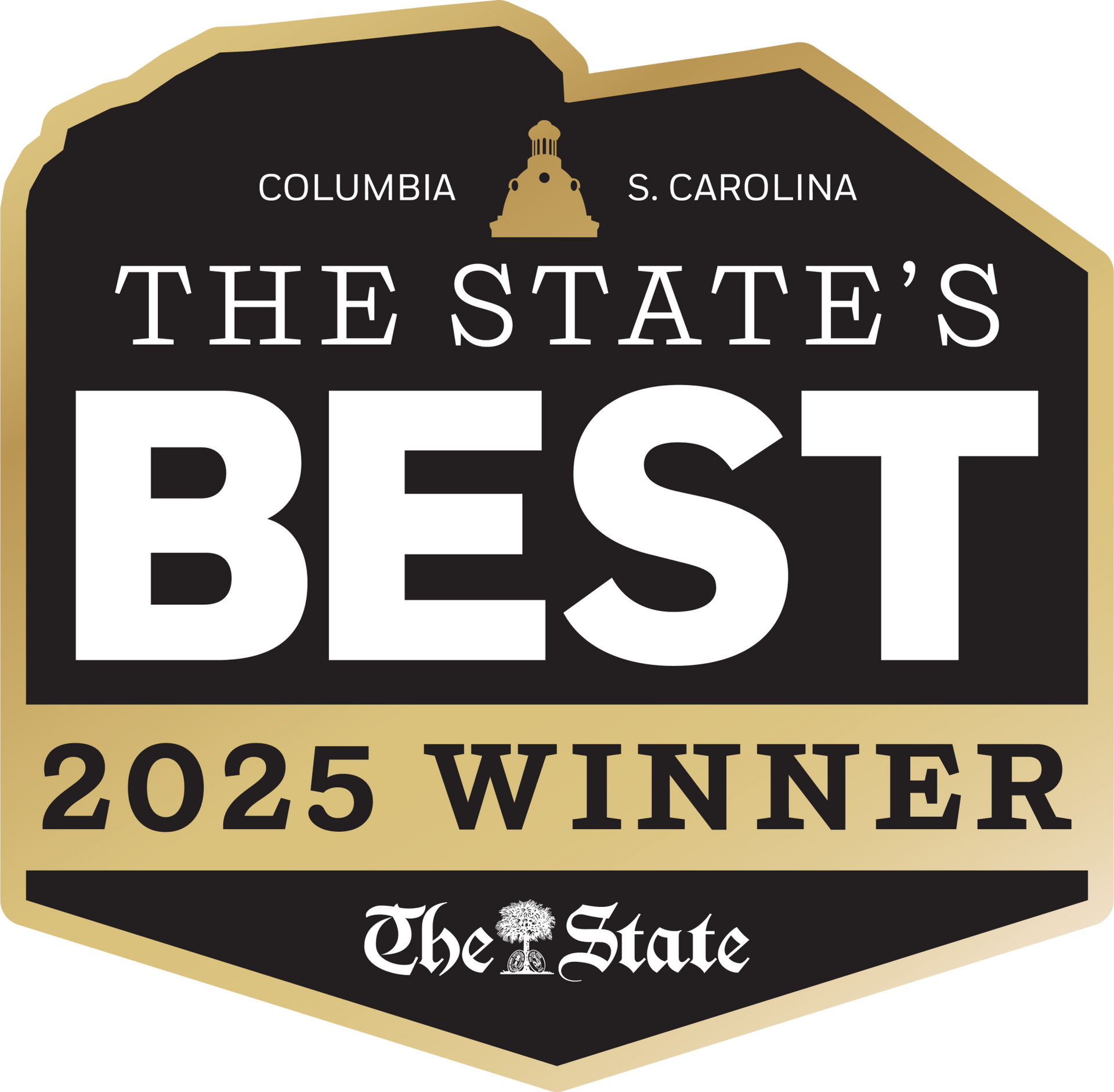
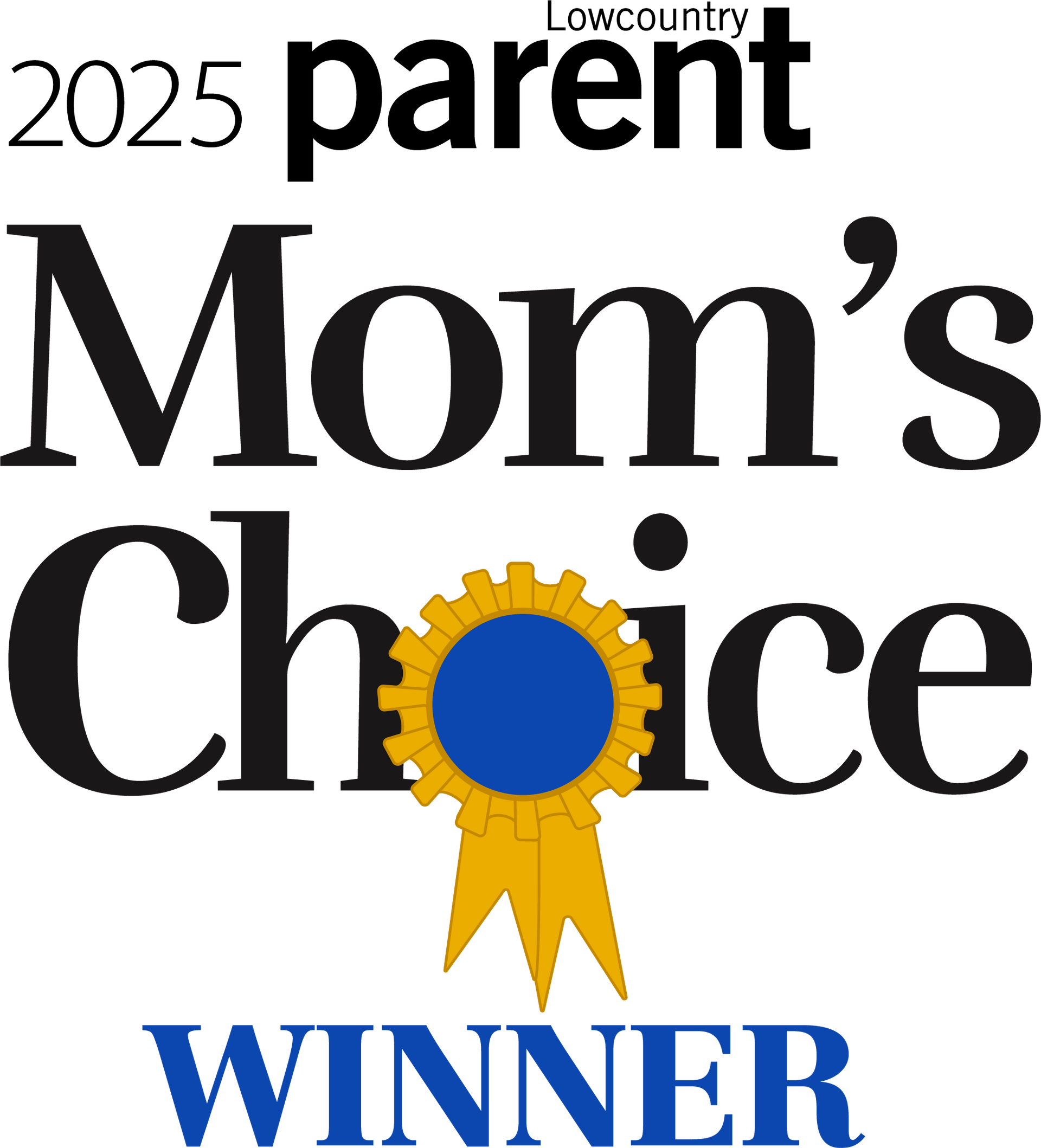
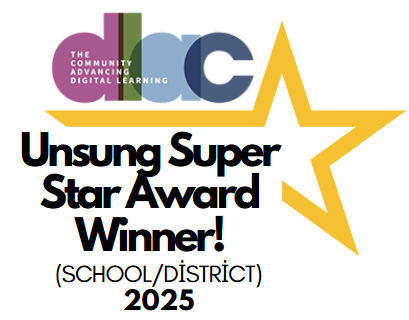
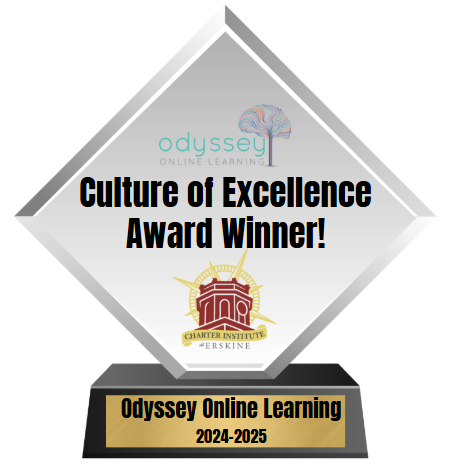
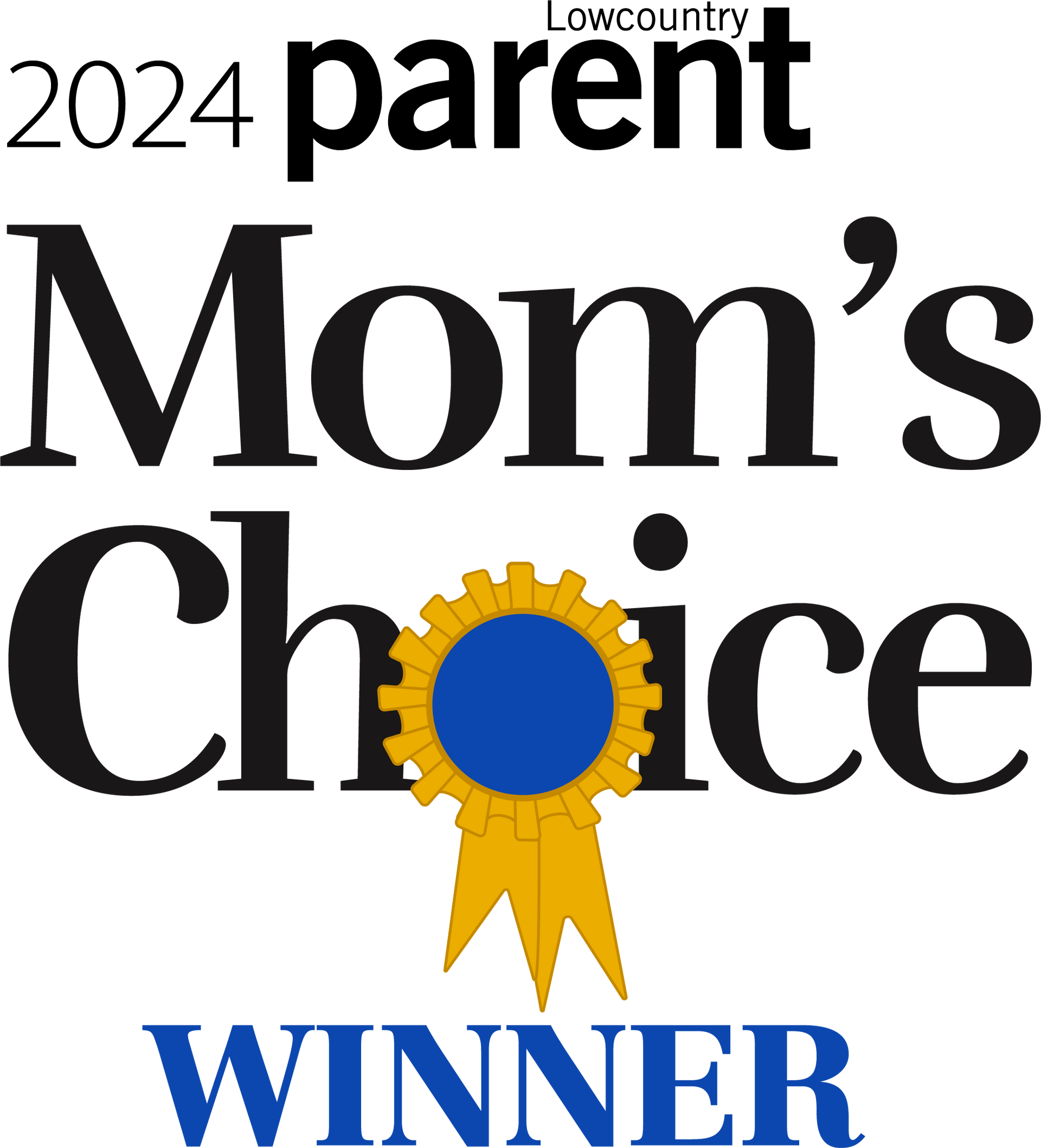

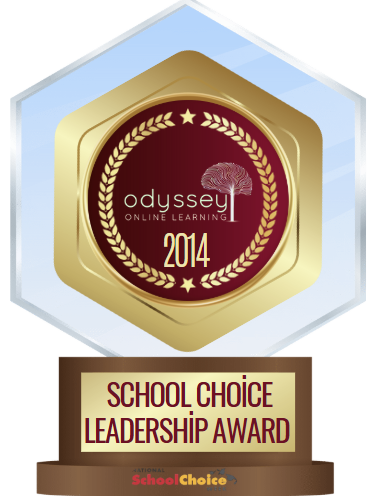
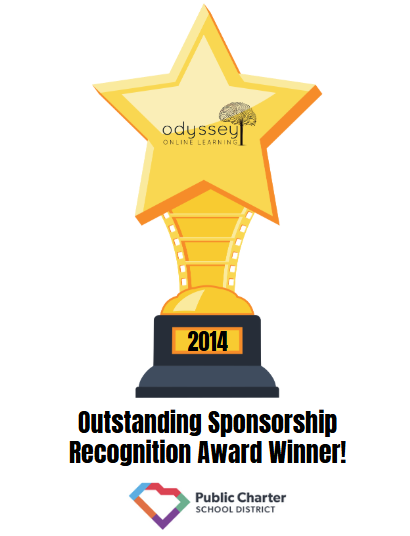
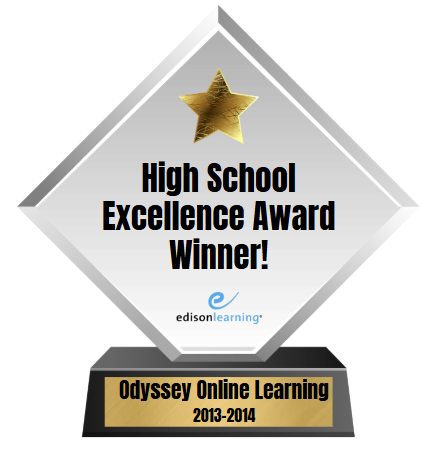
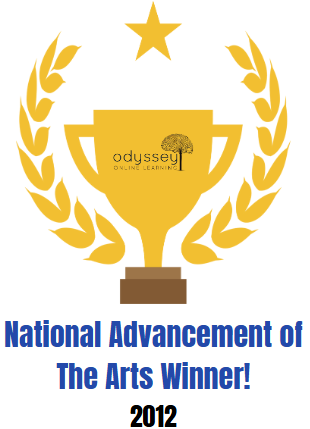
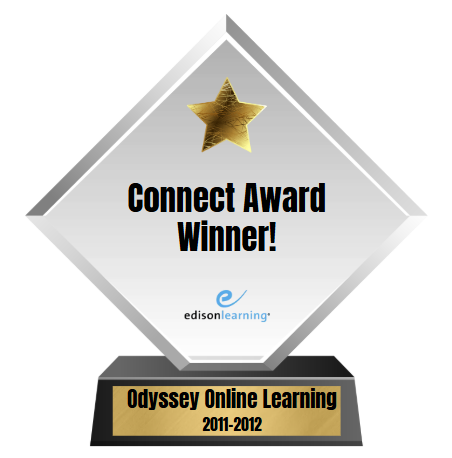
Share On: